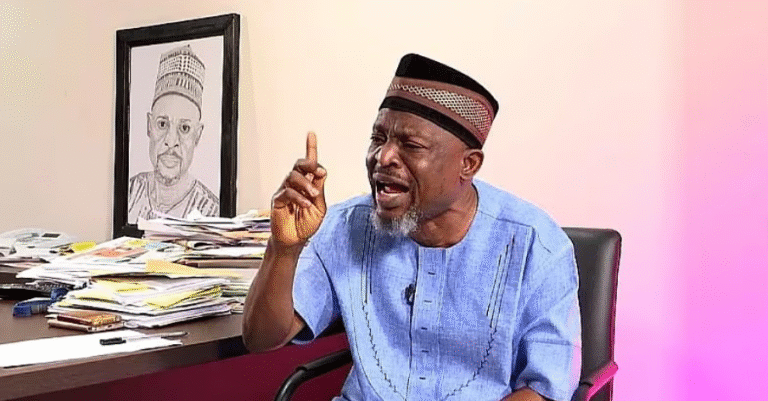Former Sagnarigu MP, Alhaji A.B.A Fuseini, has said it is unrealistic to expect a solution to the galamsey crisis within nine months, given its deep entrenchment over the past decade.
Speaking in an interview on Wednesday, October 15, 2025, Fuseini acknowledged the public’s right to demand accountability and urged Ghanaians to continue mounting pressure on the government to act decisively.
“I think that the pressure that the public is mounting is right. We should continue mounting the pressure on the government to ensure that we in the NDC, we do the same thing. The mandate that was given to president Mama must anchor him to deliver. Ghanaians expect him to deliver and he should deliver and I believe he will deliver,” he said.
Fuseini warned that illegal mining remains a major threat to Ghana’s health, safety, and environment. Despite ongoing interventions, he believes the country is still far from winning the fight against galamsey.
He also backed President Mahama’s decision not to declare a state of emergency, cautioning that such a move could be misused.
“There are people who are saying that because of the enormity of the problem President Mahama should declare a state of emergency. They have legitimate right to make those calls because of they see how dangerous the galamsey menace has posed a threat to our lives. But, if you are a leader of a nation, you are minded to look at all the factors before you take about it. Because the state of emergency is the last resort. So, if you play your last card now, assuming without admitting and it doesn’t work, what do you do?” he asked.
Fuseini further explained the implications of such a declaration, warning that it could infringe on civil liberties.
“When you declare a state of emergency, you are derogating from the enforcement of the fundamental rights and freedoms of the people. It means we are now saying that in those areas, the rights and freedoms of the people are set aside. So, anybody can come to your house, set you, arrest you, drag you away, do anything. Even sometimes they can shoot to kill,” he cautioned.
By Beatrice Sowah


